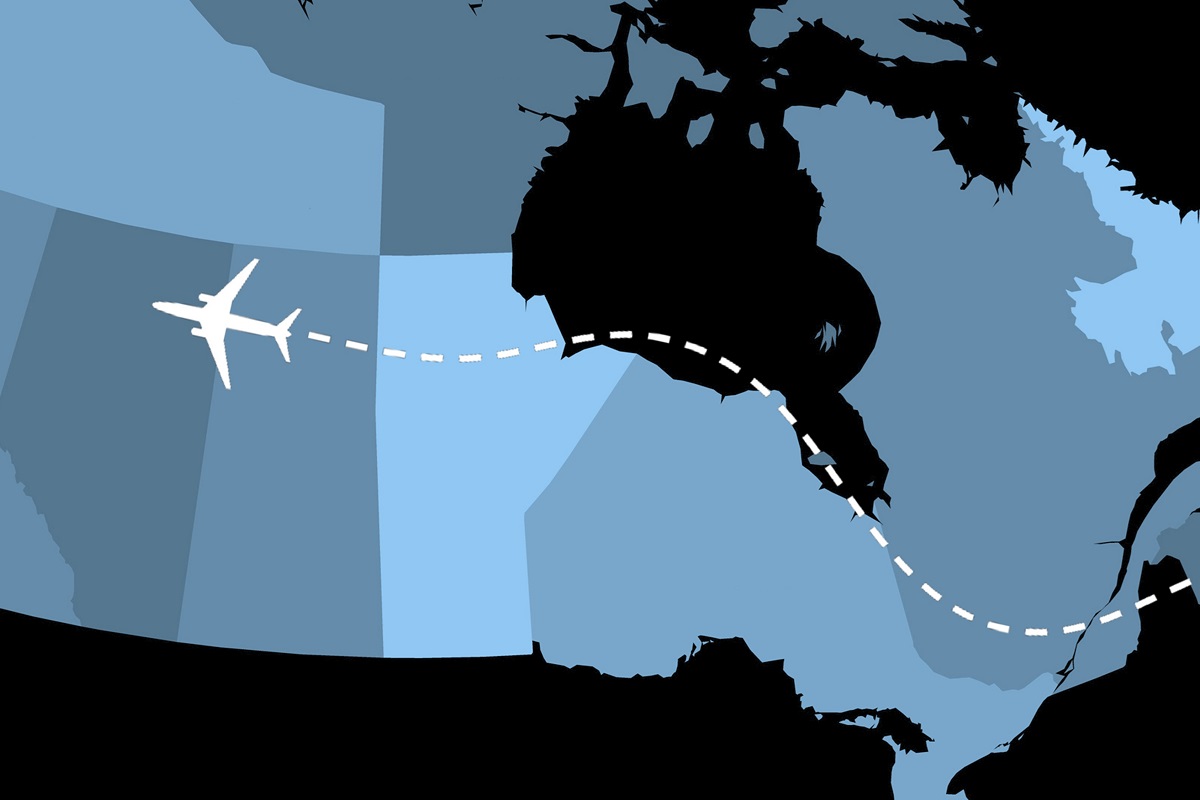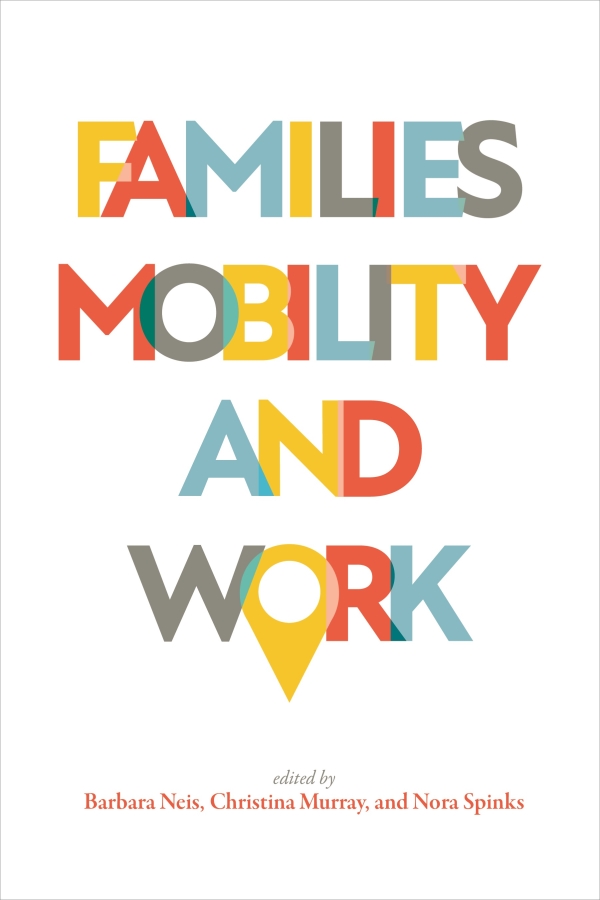
November 9, 2022
Mothers’ Experiences with Fly-In, Fly-Out Work (Families, Mobility, and Work)
Summary of a chapter on the impact of “fly-in, fly-out” work on mothers
November 9, 2022
In their chapter “A Juggling Act: Mothering While FIFO,” authors Griffin Kelly, Maria Fernanda Mosquera Garcia, and Dr. Sara Dorow provide a window into the realities and resiliencies of “mothering while FIFO.” They explore the experiences of mothering among women working under FIFO conditions in western Canada (Alberta and British Columbia). As illustrated by the four stories, these conditions create a variety of challenges for becoming and being a mother across different stages of the life course.
This chapter is one of many contributions included in Families, Mobility, and Work, a compilation of articles and other knowledge products based on research from the On the Move Partnership. Published in September 2022 by Memorial University Press, this book is now available in print, as an eBook, and as a free open-access volume available in full on the Memorial University website.
“Managing camp and home ‘selves’ is crucial to keeping one’s sanity as a [fly-in, fly-out] worker; but the demands of motherhood bring clashes and conflicts to these selves, including trying to imagine a future self beyond ‘work’ and ‘mother.’ […] these stresses and adjustments across disparate times and spaces, and across the realities of boom-and-bust cycles, further extend gendered chains of care, quite often to FIFO mothers’ own mothers.” – Griffin Kelly, Maria Fernanda Mosquera Garcia, and Sara Dorow, PhD
Access Families, Mobility, and Work
Very little research exists on tradeswomen’s experiences of mobile work, let alone on how mobile work shapes their family lives (Nagy and Teixeira, 2020, is one recent exception). In the context of FIFO (fly-in, fly-out) work, attention to women, family, and motherhood has focused on the spouses of FIFO workers (Kaczmarek and Sibbel, 2008; Swenson and Zvonkovic, 2016) and to some degree on women employed in FIFO professional or camp jobs. Our paper combines findings from two current studies of tradeswomen, predominantly in the oil sands of Alberta, to convey experiences of “mothering while FIFO.” We offer four narrative vignettes that illustrate and humanize the challenges and exclusions faced by FIFO tradeswomen engaged in resource extraction work in western Canada at different stages of mothering: when pregnant on the job, while raising children, and during custody disputes. These stories demonstrate the need for examination of the policies and practices of FIFO-based employers that create barriers to work for mothers.
About the authors
Griffin Kelly is a graduate of the MA thesis program of the Department of Sociology at the University of Alberta, where she completed a thesis on tradeswomen’s experiences of gendered harassment in the oil sands of Alberta.
Maria Fernanda Mosquera Garcia is an MA student in Sociology at the University of Alberta. Her research focuses on Latin Americans’ forced displacement and settlement experiences in Canada. She provides research assistantship for the Mobile Work and Mental Health Project, and has participated in the University of Alberta Prison Project as a research assistant.
Sara Dorow, PhD, MA, BA, is Professor and Chair in the Department of Sociology at the University of Alberta. Her research and teaching are in the areas of mobility, migration, family, work, and gender, using an intersectional, qualitative approach. She was Alberta Team Lead for the On the Move Partnership as part of her long-standing study of the social facets of the oil sands region. Previously she studied issues of family, race, and gender in transnational adoption.
Stay in the know
InfoVanier
A monthly newsletter of research, resources, and events
Linktree
Get alerts on new Vanier Institute publications, events, and announcements

